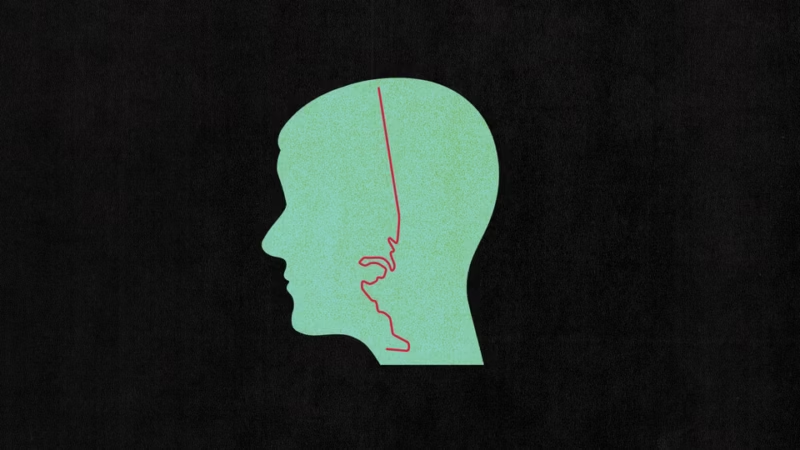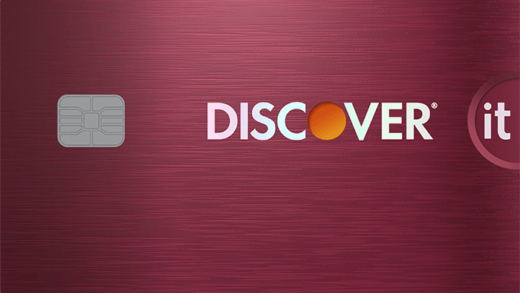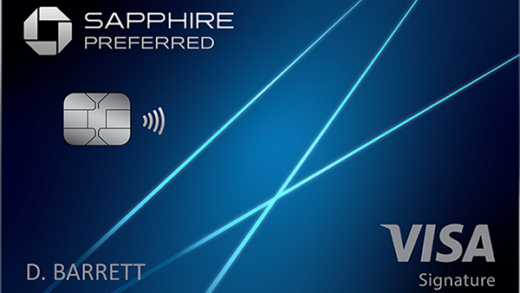Break Credit Card Debt’s Grip on Your Mental Health

Struggling with credit card debt and mental health issues? Learn how financial stress impacts your well-being—and discover practical steps to break the cycle and take back control of your life.
Credit card debt can feel overwhelming—and it takes a toll on your mental health, too. If you’re constantly stressed about money, anxious about bills, or avoiding your bank account, you’re not alone.
This guide will help you understand how debt impacts your emotional well-being and what you can do to break free. We’ll cover practical, easy-to-follow steps that help you feel more in control—financially and mentally.
How Credit Card Debt Affects Mental Health
Credit card debt doesn’t just hit your wallet. It affects how you feel, think, and sleep.
Here’s what many people experience:
- Constant worry about making payments or falling behind
- Stress and anxiety that can feel unmanageable
- Sleep problems due to financial pressure
- Tension in relationships, especially over shared expenses
According to the American Psychological Association, money remains the leading source of stress for most Americans. When credit card balances grow, so does emotional strain.
Why It’s So Hard to Escape the Debt-Stress Cycle
The cycle goes like this: debt causes stress, and stress makes it harder to manage debt. You might avoid bills, overspend to feel better, or feel paralyzed when it’s time to take action.
Here are a few common traps:
- Avoiding your finances out of fear or shame
- Making only minimum payments, which keeps you in debt longer
- Not knowing where to begin or how to build a budget
- Spending emotionally, using shopping to relieve stress
But here’s the good news: You don’t need to fix everything at once. One small step at a time is all it takes to start moving forward.
How to Build a Strong Emergency Fund
5 Steps to Take Control of Your Debt and Mental Health
1. Face the Numbers
Start by writing down:
- Each credit card balance
- Interest rates
- Minimum payments
Use a credit card payoff calculator to see how long repayment will take. It may be uncomfortable at first, but knowing the numbers helps you make a clear plan.
2. Build a Simple Budget That Works for You
Forget strict rules or cutting every joy from your life. A good budget is realistic and flexible.
Try the 50/30/20 rule:
- 50% for needs (rent, groceries, bills)
- 30% for wants (fun, entertainment, hobbies)
- 20% for savings or debt repayment
Make space for things that support your mental health, like a coffee out or a therapy session. Budgeting shouldn’t feel like punishment—it should help you feel in control.
How to Create a Monthly Budget in 30 Minutes or Less
3. Choose a Debt Repayment Strategy
Pick a method that feels manageable:
- Debt Snowball: Pay off the smallest balance first. Helps build momentum.
- Debt Avalanche: Focus on the card with the highest interest. Saves more money in the long run.
There’s no one right way—the best plan is the one you’ll stick with.
4. Ask for Help When You Need It
You don’t have to do this alone. There’s support out there.
- A credit counselor can help you set up a plan and negotiate lower interest. Look for non-profit options like the National Foundation for Credit Counseling.
- A therapist can help with anxiety, shame, or emotional spending habits.
- Budgeting apps like Mint, YNAB, or Rocket Money can help you stay organized.
Getting support is a smart step—not a weakness.
5. Take Care of Your Mental Health While You Pay Off Debt
Paying off debt takes time. Don’t wait to feel better until it’s all gone. You deserve peace now.
Here’s how to protect your well-being along the way:
- Be kind to yourself. Debt doesn’t define your worth.
- Take breaks from financial stress. Set one time per week to manage money. Then give yourself permission to unplug.
- Celebrate progress, no matter how small. Paid off $25? That’s a win.
You’re Not a Failure
So many people carry credit card debt. You don’t hear about it because of shame—but it’s more common than you think.
Sharing your story, talking to someone you trust, or even joining a financial wellness community can help you feel less alone. The more you talk about it, the less power it has over you.
You Can Break the Cycle
Credit card debt and mental health can feel like a never-ending loop. But it’s one you can break. One step, one choice, one day at a time.
You don’t have to be perfect. You just have to keep going.
Take the First Step Today
- List your debts.
- Make a simple budget.
- Talk to someone who can help.



